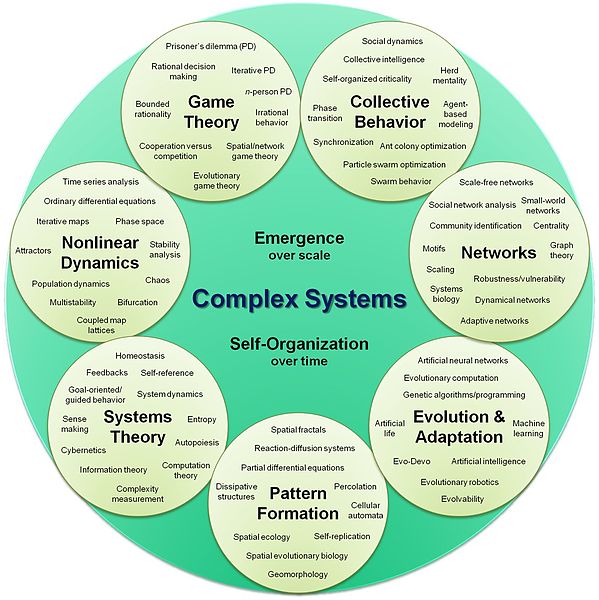“The true logic of the world is in the calculus of probabilities.” – James Clerk Maxwell
Welcome to my homepage!
I am playing with Complex Systems.
Complex dynamics govern the world, but physics and mathematics give us the key to understand them. From an atom to an empire, physics spans all scales. This is the beauty of complex systems!

I am Associate Professor at Instituto de Física, Universidade Federal Fluminense, Niterói, Rio de Janeiro, Brazil.
I am associate editor of International Journal of Modern Physics C, Frontiers in Physics, Open Journal of Modelling and Simulation and Reports in Advances of Physical Sciences.
Research interests: Dynamics of Social Systems, Epidemiology, Ecology, Complex Networks, Nonequilibrium Phase Transitions, Agent Based Models, Monte Carlo simulation.
Generally speaking, my research is focused on the modeling of complex systems. In other words, my interest is the study of systems constituted by a large number of units that interact under certain rules. As examples, we can cite the neurons in the brain, spins in a magnetic system, agents in the stock market, proteins in a metabolic network, individuals with distinct opinions in a group or population, cars in roads, and many others. It is an interdisciplinary research field whose aim is to explain the behavior of macroscopic systems by studying the statistical properties of their microscopic constituents. In analogy with the standard Statistical Physics, in those systems it is common the occurrence of long-range correlations, power laws and order-disorder phase transitions.
The research topic I am more interested in the last years is the modeling of Social Phenomena. The relation of these systems with the traditional Physics is not restricted to the occurrence of Critical Phenomena. Just as Statistical Physics models explain how a collection of atoms can exhibit the correlated behavior necessary to produce a ferromagnet, Social Science models wish to explain interdependent behaviors. The basic idea in Statistical Physics – that the behavior of one atom is influenced by the behavior of other atoms – is thus similar to the social science claim that one individual’s decisions depend upon the decisions of others; therein lies the possibility of a common mathematical and/or computational structure. An interesting discussion about this relation can be found in the paper of Steven Durlauf, How can statistical mechanics contribute to social science?
My research areas and my list of publications can be found in the menus above situated.
Hi, this is a comment.
To get started with moderating, editing, and deleting comments, please visit the Comments screen in the dashboard.
Commenter avatars come from Gravatar.